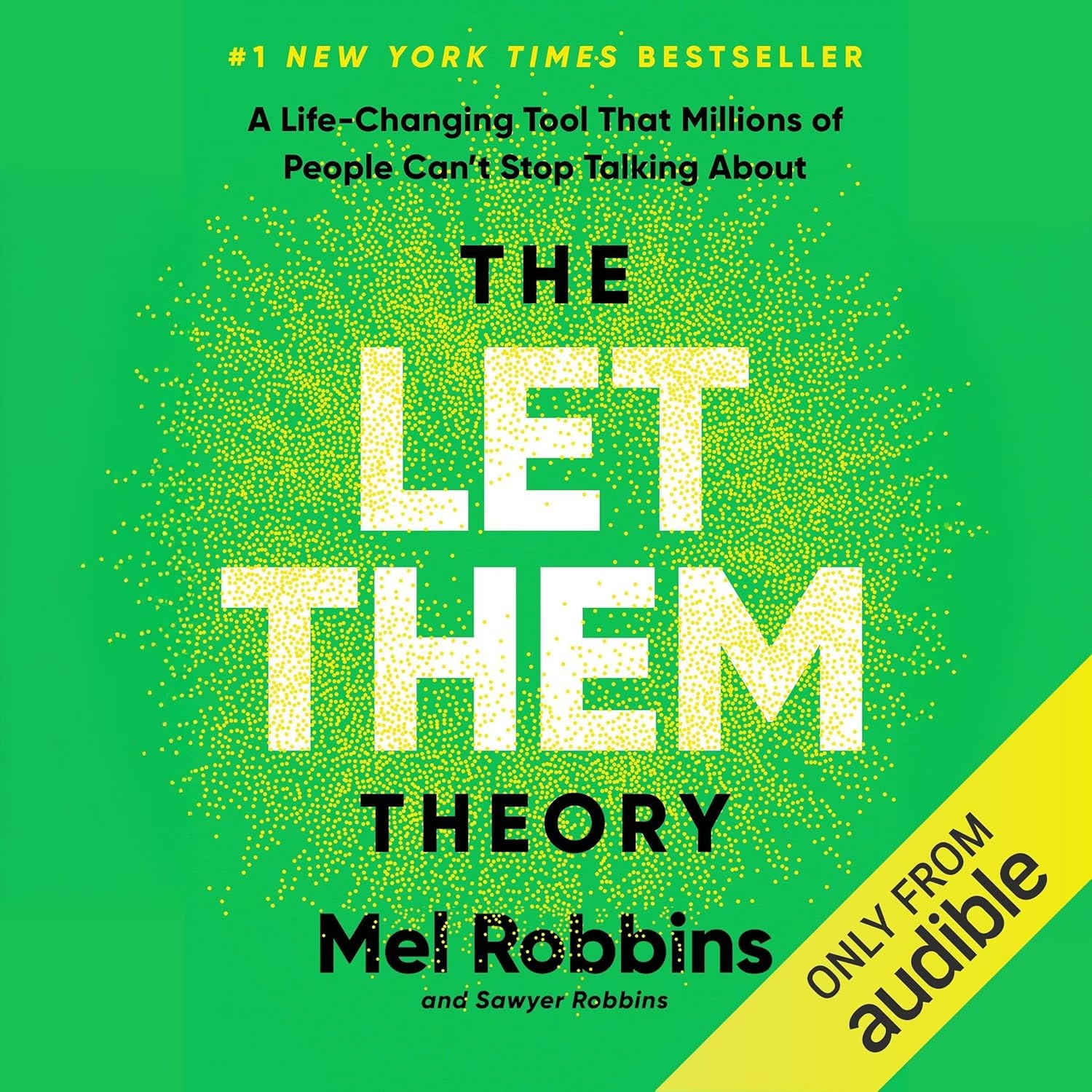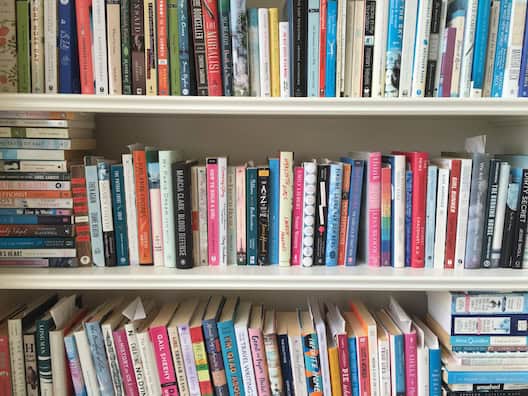![]() Having read my fair share of books about running amok in 1970s New York, I knew Normal People Don’t Live Like This had a natural place on my shelves. It is the tale of Leah Levinson as she makes her way through high school into adulthood. Set on the Upper West Side of Manhattan, author Dylan Landis uses time-lapsing narrative to lead the reader through the years of Leah’s life. It is not an epic coming-of-age story. It is not a testament to unbreakable bonds or a drama of torrential break-ups. Instead, Normal People Don’t Live Like This is a fascinating story about day-in and day-out manifestations of our aspirations and foibles.
Having read my fair share of books about running amok in 1970s New York, I knew Normal People Don’t Live Like This had a natural place on my shelves. It is the tale of Leah Levinson as she makes her way through high school into adulthood. Set on the Upper West Side of Manhattan, author Dylan Landis uses time-lapsing narrative to lead the reader through the years of Leah’s life. It is not an epic coming-of-age story. It is not a testament to unbreakable bonds or a drama of torrential break-ups. Instead, Normal People Don’t Live Like This is a fascinating story about day-in and day-out manifestations of our aspirations and foibles.
As the protagonist, Leah becomes a motif, stringing together comers-and-goers who each contend with their own idiosyncrasies. Leah does not wonder if a falling tree makes noise, but if Rainey, with a falling-apart brownstone, is rich or poor. She wonders if she herself is rich or poor for living in a poorly lit apartment with a doorman. The story’s primmest character lusts for her married building manager. And an otherwise reticent woman has a torrid affair with a gay man. Characters percolate to the pages and fall away with little ado. Even when punctuated by remarkable events, they disappear mostly by circumstance. In this way, and others, the book is not much for resolution. What did Leah do with the diary from her dad? Did her interior designer mom notice the secretly replaced coffee table top? What happened when Leah returned her mom’s coat, rain-damaged? I was fixated in these bits that the author momentarily deemed worthy of attention. But life goes on.
That Leah is growing up during the seventies seems almost coincidental. It has little impact on the story. There are the divergent mores of Leah and her mom, which can be interpreted as a generational gap. There are references to Eve cigarettes, mad money, and female independence. Yet the story could take place almost as easily today.
Using pen stroke instead of brush stroke, Landis’ understated storytelling is like a painting. Character traits and experiences—and preferred cigarette brands—are conveyed by illustration rather than explanation. It is a style that turns the banal poetic, and the hair-raising mundane. In the process, Landis is afforded the space to be candid and detached. She neither reveres nor pities her characters and their sordid affairs. Outlaw behavior may be scandalous. It may be counter-culture. It may be kids being kids, or adults just trying to get by. Ultimately, she quietly reminds us that this—the “this” implied by the title—is not the domain of others. Normal people do live like this.
Emilie Tarrant has a B.A. in art history. When not working at Los Angeles’ archives and museums, she writes about her culinary mishaps at Ceci n’est pas un repas.




Clearly, I need to read this book. Thanks for the insightful review!
Your review is erudite, creative, profound, and thoughtful. It’s a beautifully written and poignant reminder that, yes, normal people DO live like this … and that whatever “this” is might just be ok after all. Your review resonates on a deeply emotional level with sentimental reminders of things I grew up with and that you did, too. (Full disclosure: I happened to be there for both.)
Well done!
What a fantastic review! Especially love the analogy to painting. Thanks for sharing your excellent thoughts.
Thanks for this intriguing review. I’m running right out to buy the book.
Roses and orchids to you, Emilie Tarrant. I don’t know which author once said, “Nobody reads the book you write,” but you truly read the book I wrote, and with such a poetic eye. I so appreciate this perceptive and generous review. Thank you.
All my best,
Dylan
Excellent review for a book that made me lose track of the number of “wow”s. So glad to count Dylan Landis among my friends and favorite writers.
LOVED this book. Great review!
Ooooh, I want to read this book!
Great review – well written and perceptive. Have you considered doing a book about museums and archives???
M&J
Great review!